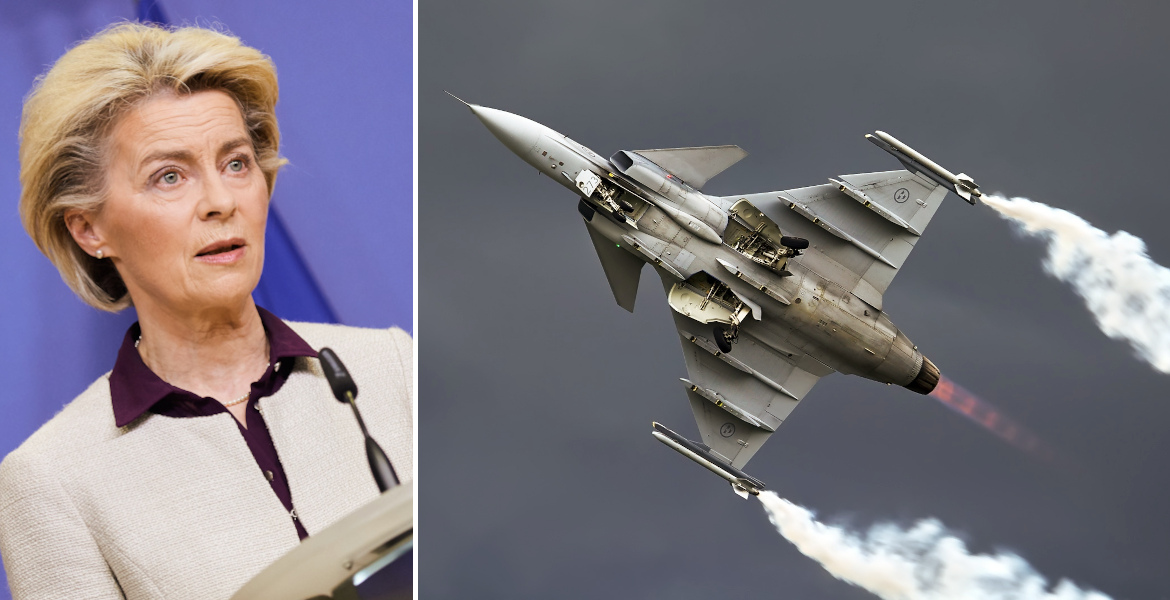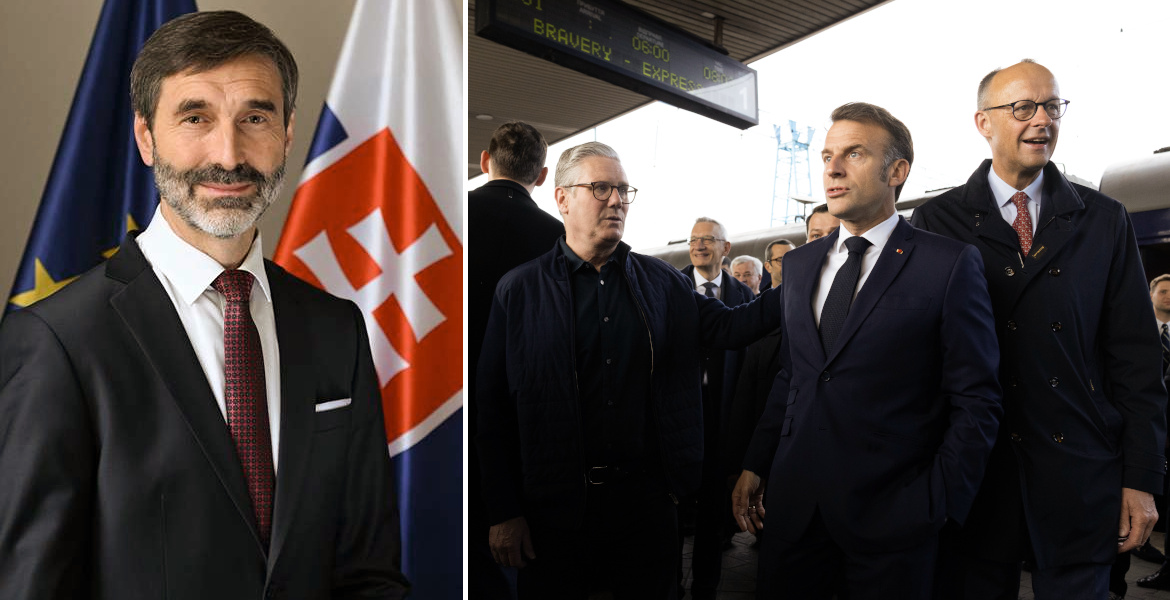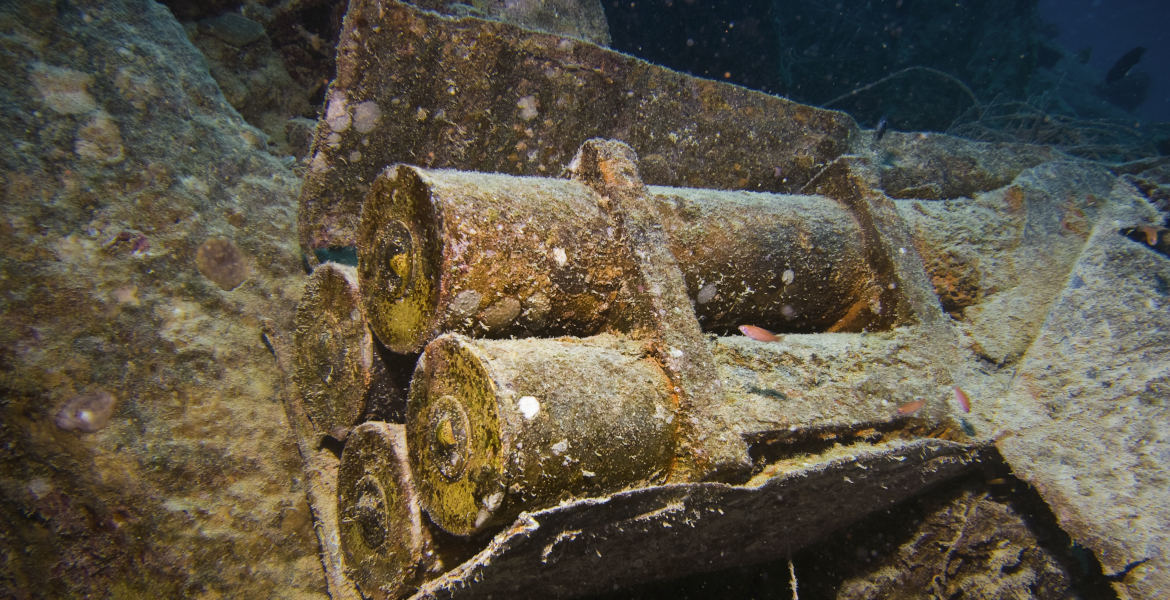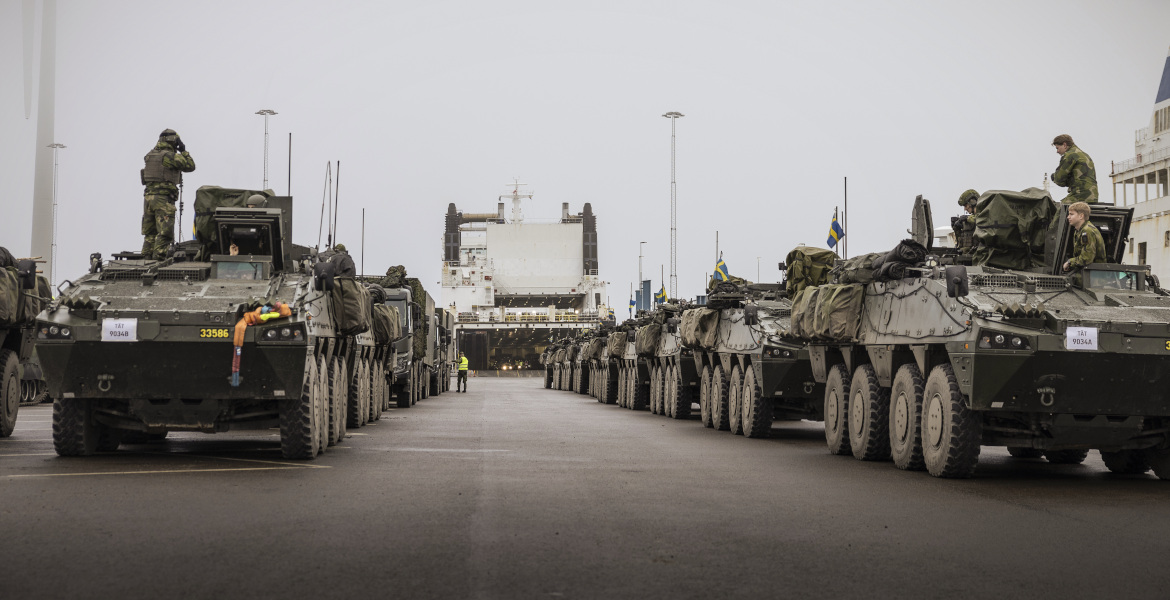The European Commission has unveiled a plan to invest up to €800 billion in strengthening Europe’s military capabilities.
– We are in an era of rearmament, says Commission President Ursula von der Leyen.
The plan, which goes under the working title “ReArm Europe”, includes lifting the EU’s otherwise very strict budgetary rules, allowing member states to increase their defense spending more than before without risking fines or austerity measures for investments or loans related to military defense.
If all EU countries agree to increase their military spending by 1.5% of GDP, this would represent an investment of €650 billion. Furthermore, the Commission also proposes the creation of a new EU fund where member states would be able to borrow a total of €150 billion for defense investments.
– Europe is ready to massively boost its defense spending. Both, to respond to the short-term urgency to act and to support Ukraine but also to address the long-term need to take on much more responsibility for our own European security, said von der Leyen during a press briefing.
We are living in dangerous times.
Europe‘s security is threatened in a very real way.
Today I present ReArm Europe.
A plan for a safer and more resilient Europe ↓ https://t.co/CYTytB5ZMk
— Ursula von der Leyen (@vonderleyen) March 4, 2025
The money will be used for air defense weapons, artillery, drones and ammunition – and ultimately for continued military support to Kiev.
– With this equipment, member states can massively step up their support to Ukraine. So, immediate military equipment for Ukraine, the EU leader continued, declaring that “Europe should shoulder more of the responsibility for its own security”.
Many ambiguities
It is also proposed to allow EU countries to use money distributed through EU regional aid for military spending – money that would normally go to research, environmental work and investments to improve living standards in EU countries.
So far, there are also many uncertainties surrounding the multi-billion euro investment. For example, it is not clear how the new EU fund will be financed or how the budgetary rules will change.
It should also be noted that in parallel with the Commission’s announcement, the EU’s foreign affairs chief, Kaja Kallas, is trying to push through another military aid package for Ukraine worth at least €20 billion – a proposal opposed by both Hungary and Slovakia.








